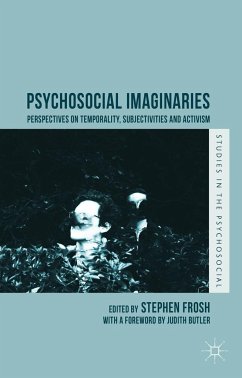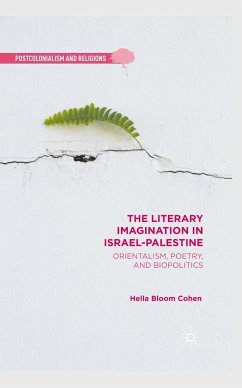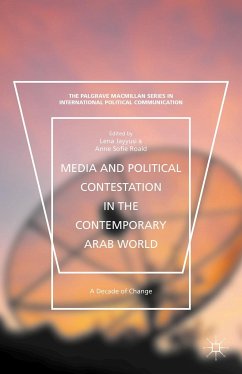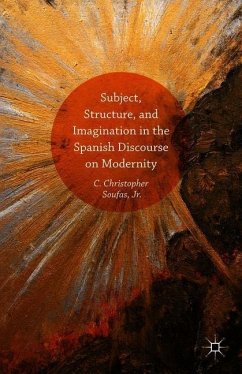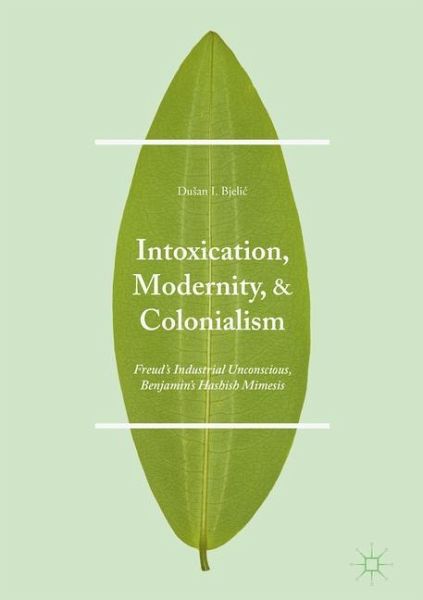
Intoxication, Modernity, and Colonialism
Freud's Industrial Unconscious, Benjamin's Hashish Mimesis
Versandkostenfrei!
Versandfertig in 6-10 Tagen
83,99 €
inkl. MwSt.
Weitere Ausgaben:

PAYBACK Punkte
42 °P sammeln!
This book depicts how Freud's cocaine and Benjamin's hashish illustrate two critiques of modernity and two messianic emancipations through the pleasures of intoxicating discourse. Freud discovered the "libido" and "unconscious" in the industrial mimetic scheme of cocaine, whereas Benjamin found an inspiration for his critique of phantasmagoria and its variant psychoanalysis in hashish's mimesis. In addition, as part of the history of colonialism, both drugs generated two distinct colonial discourses and, consequently, two different understandings of the emancipatory powers of pleasure, the unc...
This book depicts how Freud's cocaine and Benjamin's hashish illustrate two critiques of modernity and two messianic emancipations through the pleasures of intoxicating discourse. Freud discovered the "libido" and "unconscious" in the industrial mimetic scheme of cocaine, whereas Benjamin found an inspiration for his critique of phantasmagoria and its variant psychoanalysis in hashish's mimesis. In addition, as part of the history of colonialism, both drugs generated two distinct colonial discourses and, consequently, two different understandings of the emancipatory powers of pleasure, the unconscious, and dreams. After all, great ideas don't liberate; they intoxicate.








